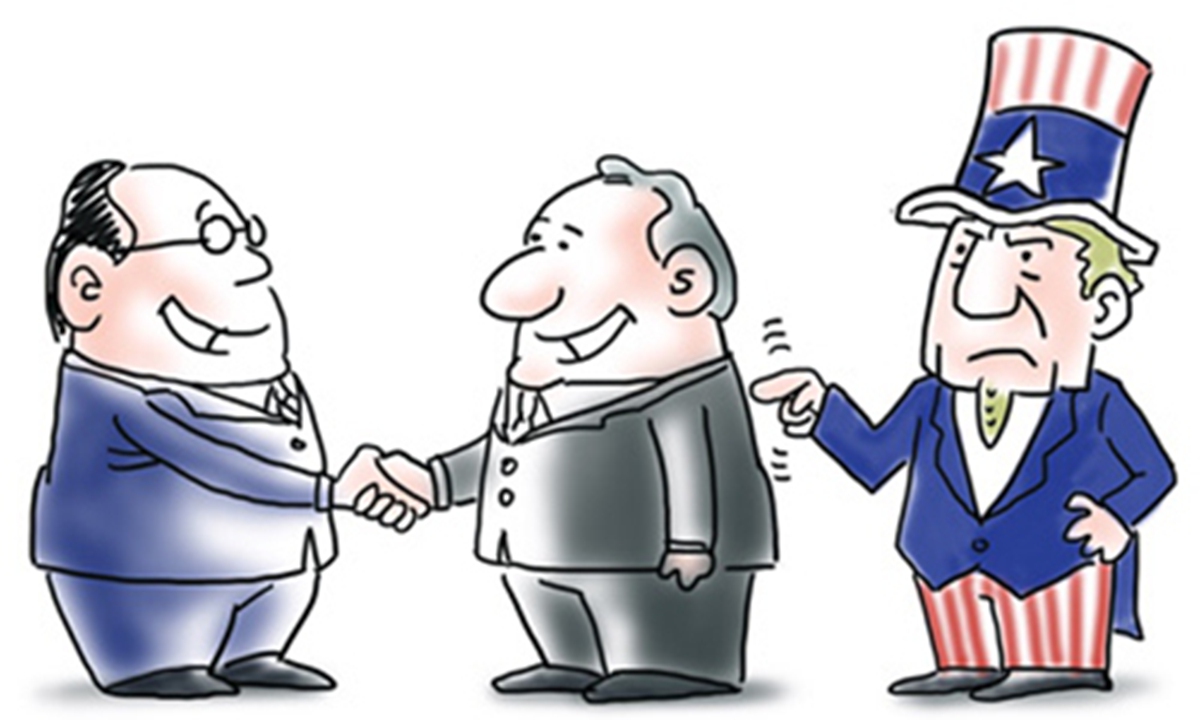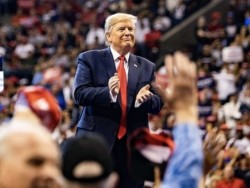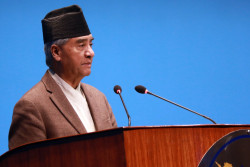Opinion

Events unfolding since Russia invaded Ukraine seven months ago and the mounting spat between the US and China appear to suggest that the balance of power is shifting in the direction of a multi-polar world. But critics of the modern west – the US in particular – may be celebrating too prematurely and rather unwittingly.
Granted that last week’s meeting of the Shanghai Cooperation Organization (SCO) and the BRICS Summit last June both signal strong disillusionment over the ideological, economic and military high-handedness of a unipolar west. To put this into context, the permanent SCO members (Russia, China, Kyrgyz Republic, Kazakhstan, Tajikistan, Uzbekistan, India, Pakistan and now also Iran) together represent a third of global GDP and two-fifths of humankind. The five full-time BRICS members (Brazil, Russia, India, China and South Africa), meanwhile, represent over a quarter of global GDP and also two-fifths of the world population. Moreover, resource and population rich Argentina, Saudi Arabia, Iran and Nigeria are also reportedly keen to join BRICS at the earliest.
Also reflected in these large numbers is a stoic refusal by the mass of the world’s population to buy into the false pretence of the universality of western values or to be drawn into the zero-sum proposition characterized by the bi-polar world up until the collapse of the Soviet Union in 1991. Glaring inequities during the Covid-19 pandemic and nationalist populism still sweeping much of the west also highlight the fragility of multilateralism in a frustratingly unipolar world.
Men of goodwill
No doubt the west today stands accused of hypocrisy and double standards on many counts. But it was not always that way. In fact, the US was quite reluctant to take on the mantle of global policeman thrust upon it when Europe was swept under the ashes of World War Two. It is another matter that muscularity, exceptionalism, triumphalism and selective amnesia marked the exercise of American foreign policy soon thereafter.
But it also must also be acknowledged that US ‘strategic reluctance’ defined the first few years of the post-war international order, which, in turn, allowed smaller, weaker states like Nepal to full-throatedly participate in cooperative organizations such as the United Nations and the Bretton Woods institutions (i.e., the International Monetary Fund and the World Bank). Even Germany and Japan – the vanquished villains of World War Two – were invited early on to engage in the emerging international order.
Of course, this is all in the past now. There is an idyllic romance associated with the notion of a multi-polar world where nation-states are economically intertwined and the exercise of geo-strategic interest is benevolent, accommodating and free of hegemons. That is how the hand-out reads.
Chasing windmills
Sadly, multi-polarity as a grand bargain is a promise that the last 2,000 years of human history has never honoured. According to historians, multi-polar environments are exceedingly rare and have kept the peace for periods of up to ten years at the most. Thereafter, one side has inevitably misread the other(s) and projected power beyond its sphere of influence.
The most recent example is the period leading up to World War One. The British Empire and the Weimar Republic (or the Second German Reich) were never as economically integrated nor ever as mutually prospering up until that point. And yet they clashed with catastrophic consequences. Wikipedia lists similar episodes during World War Two, the Thirty Years War in central Europe (1618-1648 AD) and even as far back as the Three Kingdoms (220-280 AD) during the tripartite division of China among the dynastic states of Cao Wei, Shu Han and Eastern Wu.
Procrustean promises
Moreover, every new promise of a multi-polar landscape tends to hide the messy realities of parochial entanglements and tenuous alliances. For example, India is a full-time member of both the China-led SCO and the Quadrilateral Security Dialogue (QUAD) grouping together with Japan, Australia and the US. Pakistan – India’s regional arch-rival – is also a full-time SCO member, as is Kazakhstan which has recently fallen out with Russia, another SCO founder member.
Tajikistan, Uzbekistan and Kyrgyz Republic – all SCO founder members and former Soviet republics – are very wary of Russia’s irredentist ambitions, especially after its invasion of Ukraine, also a former Soviet republic.
The Kyrgyz Republic and Tajikistan remain enmeshed in transboundary conflicts. Meanwhile, Turkiye – a member of the US-led North Atlantic Treaty Organization (NATO) – is a dialogue partner with SCO. India and China – also long-time regional rivals – are both founder members of BRICS, together with Brazil, Russia and later South Africa. All in all, they make for very strange bed-fellows.
The jury is still out as to whether a uni-polar, bi-polar or multi-polar world represents the best hope for peace and prosperity for humankind. The world is what it is and realpolitik shall be our best guide. As George F. Kennan, US diplomat, historian and foreign policy ‘elder’ famously said during the Cold War, “…the best thing we can do if we want the Russians to let us be Americans is to let the Russians be Russian…”.






